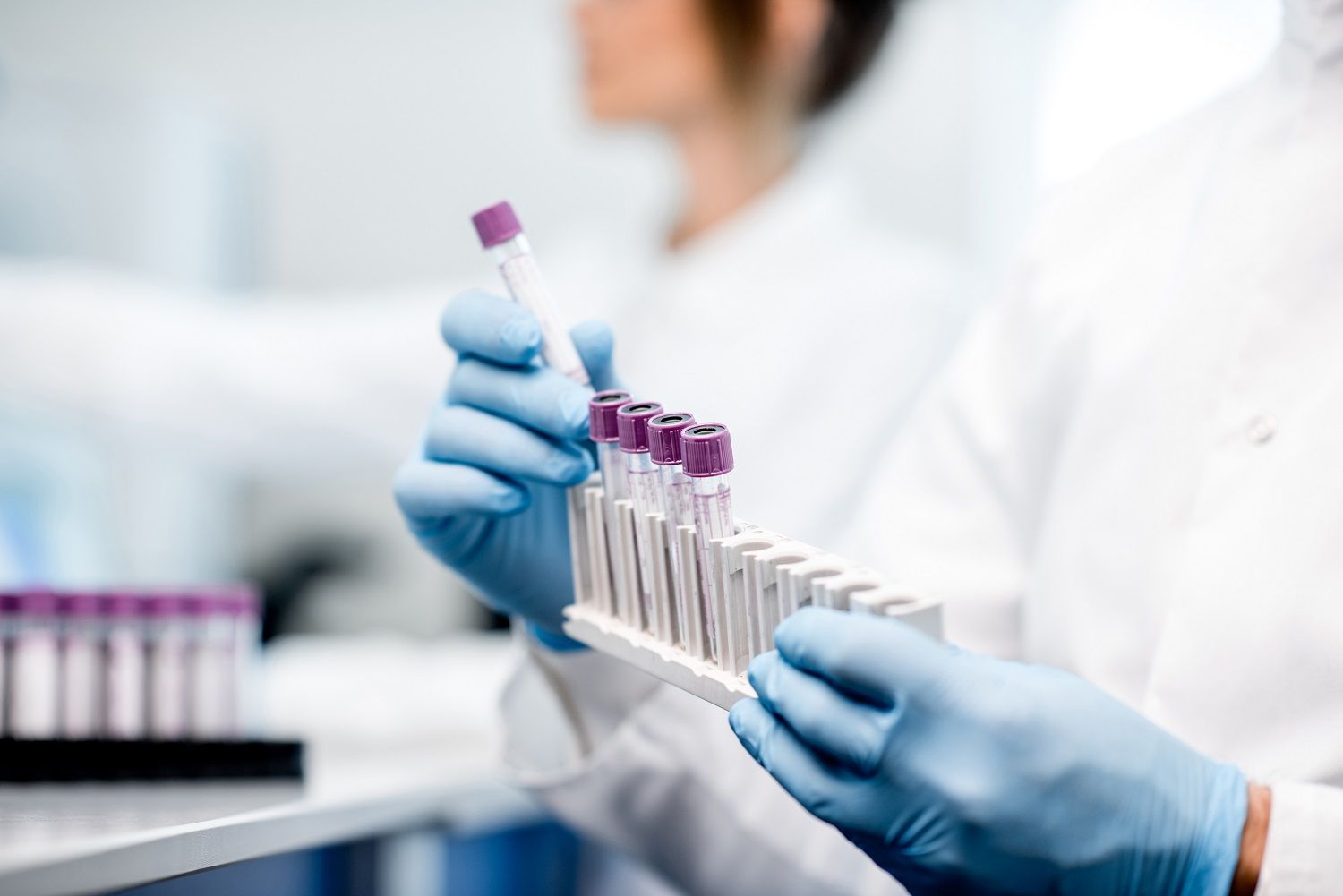You're pregnant! Congratulations!
While pregnancy is an exciting time, it is also a time when you may have many questions and concerns. On this page, we have put together information and resources to help you take care of yourself (and baby!). We are glad to be able to share the medically reviewed information with you but remember: nothing takes the place of regular visits with your health care provider for prenatal care.
If you are still looking for a physician, please consider Good Neighbor Community Health Center and Good Neighbor Fremont. We have contracted with highly qualified OB providers who look forward to working with you to help make your pregnancy a happy and healthy one.
To make an appointment or for more information, please call (402) 562-7500 (Columbus) or (402) 721-0951 (Fremont).
Common lab tests

A number of lab tests are suggested for all women as part of routine prenatal care. These tests can help find conditions that can increase the risk of complications for you and your fetus, Your health care provider will go over the results of these tests with you and can talk to you about any concerns or questions you may have.
RPR Test Rapid Plasma Reagin is a screening test to check for syphilis.
Why is it done? Some STDs like syphilis can be treated and cured with antibiotics. If you test positive for syphilis, early treatment can help protect you and your baby.
Blood typing. This determines what type of blood someone has (A,B, AS or O) and whether their blood is Rh-positive or negative.
Why is it done? Knowing the mother's blood type is especially important during pregnancy in case a mother and her fetus have incompatible blood types.
Rubella Rubella (German measles) can have very serious consequences for the fetus.
Why is it done? A blood specimen is tested to see if a sufficient amount of antibody is present in the blood to protect the pregnant woman and the fetus.
Hepatitis B It detects a protein produced by the virus and can detect a hepatitis B infection even before it causes symptoms.
Why is it done? It is important to detect active hepatitis B infections in pregnant women because newborns are especially vulnerable to developing chronic infection.
TSH Test It measures the amount of thyroid stimulating hormone (TSH) in your blood before it causes symptoms.
Why is it done? To determine abnormal thyroid function, either hyperthyroidism or hypothyroidism.
CBC The complete blood count (CBC) is a test that evaluates the cells that circulate in blood.
Why is it done? To identify and prevent problems. The first CBC (baseline) results can be compared to later CBCs to look for changes that could indicate a health issue.
HIV The screening tests detect HIV antigen and/or HIV antibodies in the blood. HIV is the virus that causes AIDS (acquired immunodeficiency syndrome).
Why is it done? If a pregnant woman is infected with HIV, the virus can be passed to and infect her baby.


